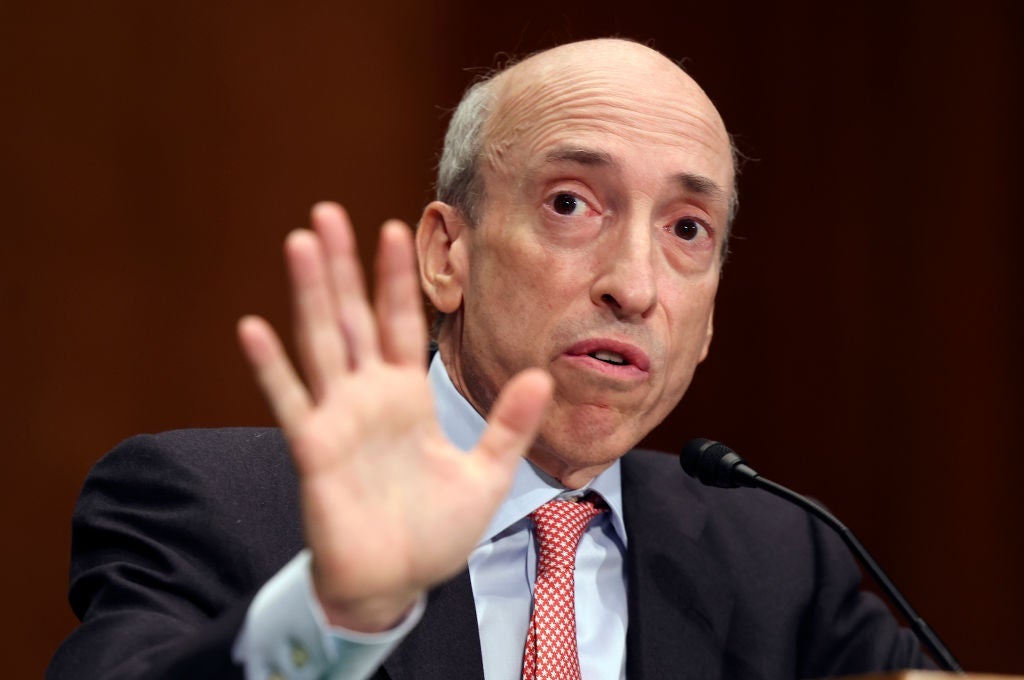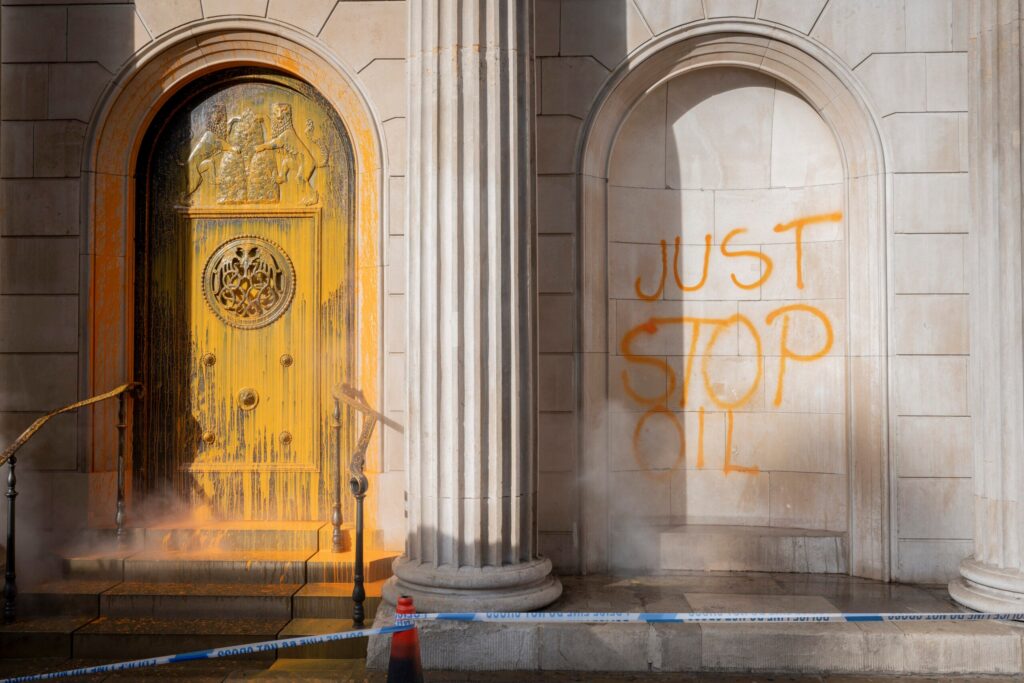Debt Relief Orders (DROs), which
came into force on 6 April 2009, are the latest debt relief tool
available to individuals with relatively low levels of liabilities,
but no assets or spare income with which to pay their debts.
These are relevant to leasing companies
insofar as individuals are indebted to leasing companies – for
example, under the leasing agreement itself; where the individual
has provided a personal guarantee, or where the individual is
otherwise liable to the finance company.
DROs can be applied for online – via approved
intermediaries – for a fee of £90 (€102) by individuals who are
unable to pay their debts. They must also have: liabilities not
exceeding £15,000; have less than £50 disposable income per month
after payment of household expenditure; have total gross assets of
less than £300 (property owners are therefore unlikely to qualify);
and are not subject to any other formal insolvency procedure such
as bankruptcy.
If made by the Official Receiver (OR), the DRO
will generally last for 12 months after which time the debts
included in the DRO will be written off. Creditors will not be
permitted to pursue enforcement actions for debts included in the
DRO. Creditors can continue to pursue debts not included in the
DRO, and also debts included but owed jointly, but only as against
the non-DRO debtor and debts subsequently incurred.
The debtor’s estate, unlike in bankruptcy,
does not vest in the OR and, as a result, creditors will not
receive a dividend.
Debtors subject to a DRO will have their
credit rating affected; will be registered in the Individual
Insolvency Register; will not be able to obtain credit in excess of
£500 without disclosing the DRO; cannot be a director or manage a
company without the court’s permission; cannot have more than one
DRO in any six-year period.
How well do you really know your competitors?
Access the most comprehensive Company Profiles on the market, powered by GlobalData. Save hours of research. Gain competitive edge.

Thank you!
Your download email will arrive shortly
Not ready to buy yet? Download a free sample
We are confident about the unique quality of our Company Profiles. However, we want you to make the most beneficial decision for your business, so we offer a free sample that you can download by submitting the below form
By GlobalDataCreditors can object to a DRO being made if
they consider that the debtor does not meet the criteria. The OR
can investigate and revoke any order made. Civil and criminal
penalties can be imposed on a debtor who has not provided accurate
information about his/her financial affairs.
The rights of secured creditors to deal with
their security are unaffected by the making of a DRO.
Outstanding balances on HP or lease agreements
should be included in the £15,000 total liability maximum and, if
the DRO is made, payments due under the agreement will cease and be
unenforceable. The asset which is the subject of the agreement will
not be included as part of the total gross assets.
This is because title will remain with the
finance company. The finance company will remain entitled to
enforce its rights of recovery under the agreement.
If the outstanding balance is not included in
the DRO, action to recover the balance can still be taken. If the
OR is notified of the omission and the inclusion of the outstanding
balance would have taken the debtor’s liabilities above the £15,000
threshold, the OR can set the DRO aside.
The author is a solicitor at Wragge
& Co LLP








